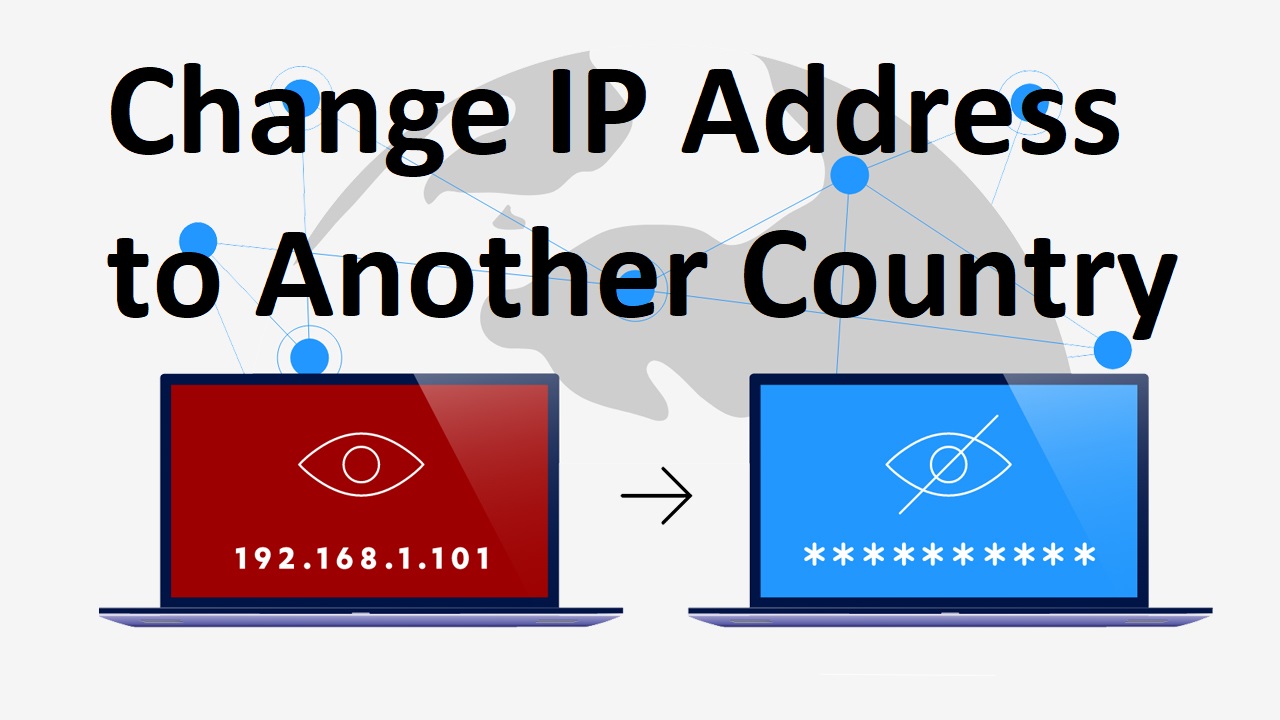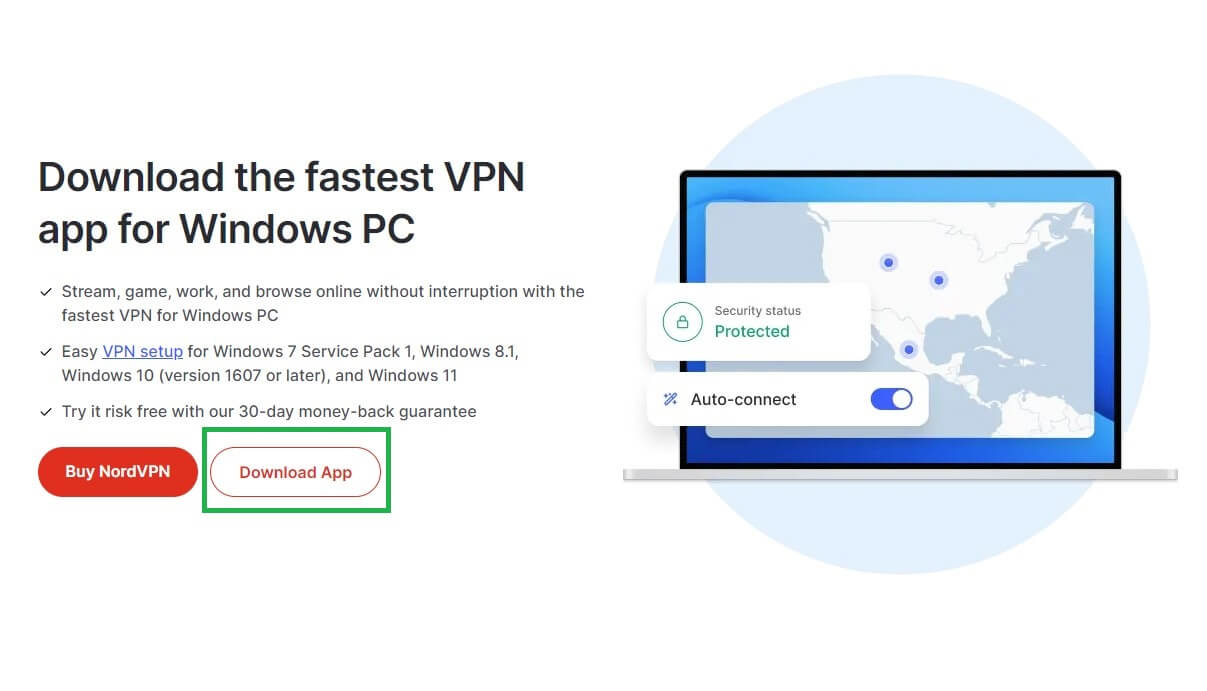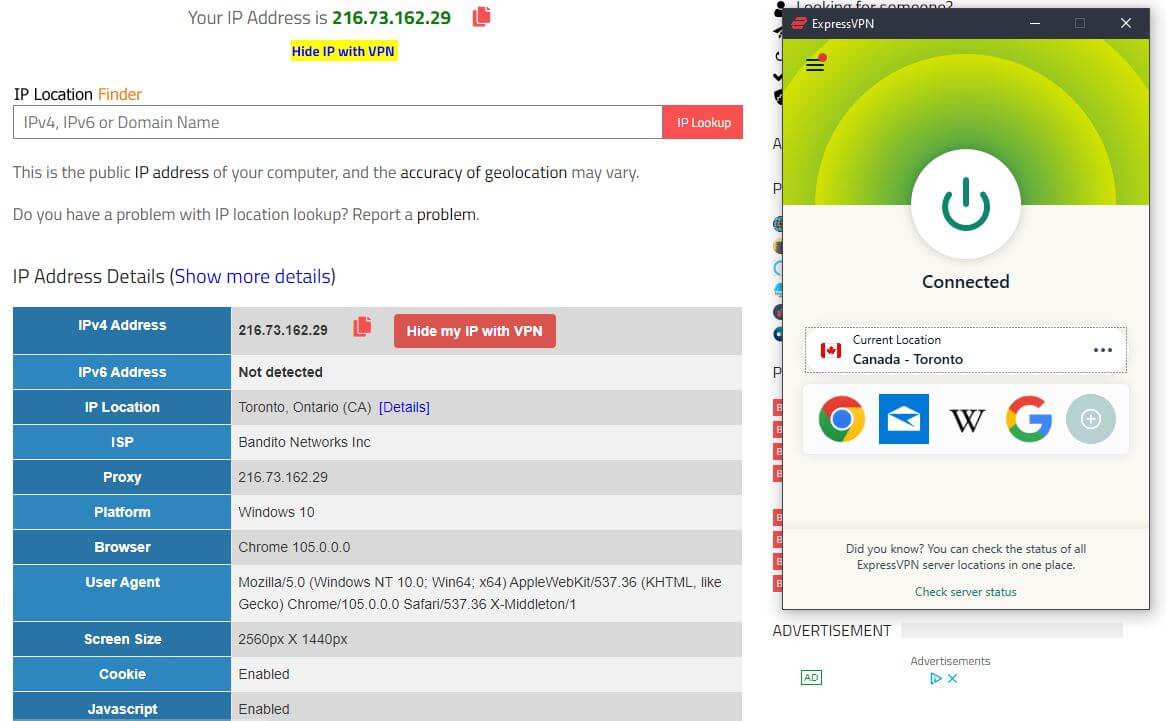How To Change Your Ip To Another Country

In an increasingly interconnected digital world, the ability to alter one's perceived location online has become a subject of growing interest. While various methods exist to achieve this, it’s crucial to understand the technical aspects, legal implications, and potential security risks associated with changing your IP address to appear as though you are browsing from another country.
This article provides a neutral overview of the methods available for altering your IP address, focusing on the practical steps involved. Understanding these processes can empower users to make informed decisions about their online presence, but also highlights the responsibility that comes with modifying your digital identity.
Understanding IP Addresses and Geolocation
An IP address (Internet Protocol address) is a unique numerical label assigned to every device connected to a computer network that uses the Internet Protocol for communication. This address serves as an identifier and location address, allowing data to be directed to the correct destination.
Geolocation services use IP addresses, among other data points, to estimate a user's physical location. Websites and services use this information for various purposes, including content localization, targeted advertising, and enforcing geographical restrictions.
Methods for Changing Your IP Address
Several methods can be employed to change your IP address and appear to be browsing from another country. The most common techniques include using Virtual Private Networks (VPNs), proxy servers, and the Tor network.
Virtual Private Networks (VPNs)
A VPN creates an encrypted tunnel between your device and a remote server operated by the VPN provider. All your internet traffic is routed through this server, masking your actual IP address and assigning you the IP address of the VPN server.
To use a VPN, you typically need to subscribe to a VPN service and download their application. Once installed, you can select a server location in the country you wish to appear to be browsing from, and the VPN will handle the connection.
Proxy Servers
A proxy server acts as an intermediary between your device and the internet. When you connect to a website through a proxy server, the website sees the IP address of the proxy server, not your own.
Unlike VPNs, proxy servers don't always encrypt your traffic, making them potentially less secure. Different types of proxies exist, including HTTP, SOCKS, and transparent proxies, each with varying levels of privacy and security.
The Tor Network
The Tor network is a decentralized network of relays operated by volunteers. When you use Tor, your internet traffic is routed through multiple relays, encrypting your data and obscuring your IP address at each hop.
Using Tor can significantly enhance your anonymity online, but it often results in slower browsing speeds due to the multi-layered encryption and routing process. The Tor Project provides the Tor Browser, a modified version of Firefox, for easy access to the Tor network.
Considerations and Potential Risks
While changing your IP address can provide certain benefits, it's essential to be aware of the potential risks. Some websites and services actively block IP addresses associated with VPNs and proxies, potentially limiting your access.
Furthermore, using unreliable or free VPN or proxy services can expose you to security threats, such as malware or data logging. It's crucial to choose reputable services with clear privacy policies.
It is also important to be aware of and adhere to the terms of service of any website or service you are accessing. Circumventing geographical restrictions may violate these terms.
Conclusion
Changing your IP address to appear as though you are browsing from another country is a relatively straightforward process using VPNs, proxy servers, or the Tor network. Each method offers varying levels of security, speed, and ease of use.
Users should carefully consider the potential risks and legal implications before altering their IP address. Choosing reputable services and understanding the limitations of each method is essential for ensuring a safe and responsible online experience.
Ultimately, understanding how to manipulate your online location empowers users to navigate the internet with greater awareness and control, provided it is done ethically and legally.
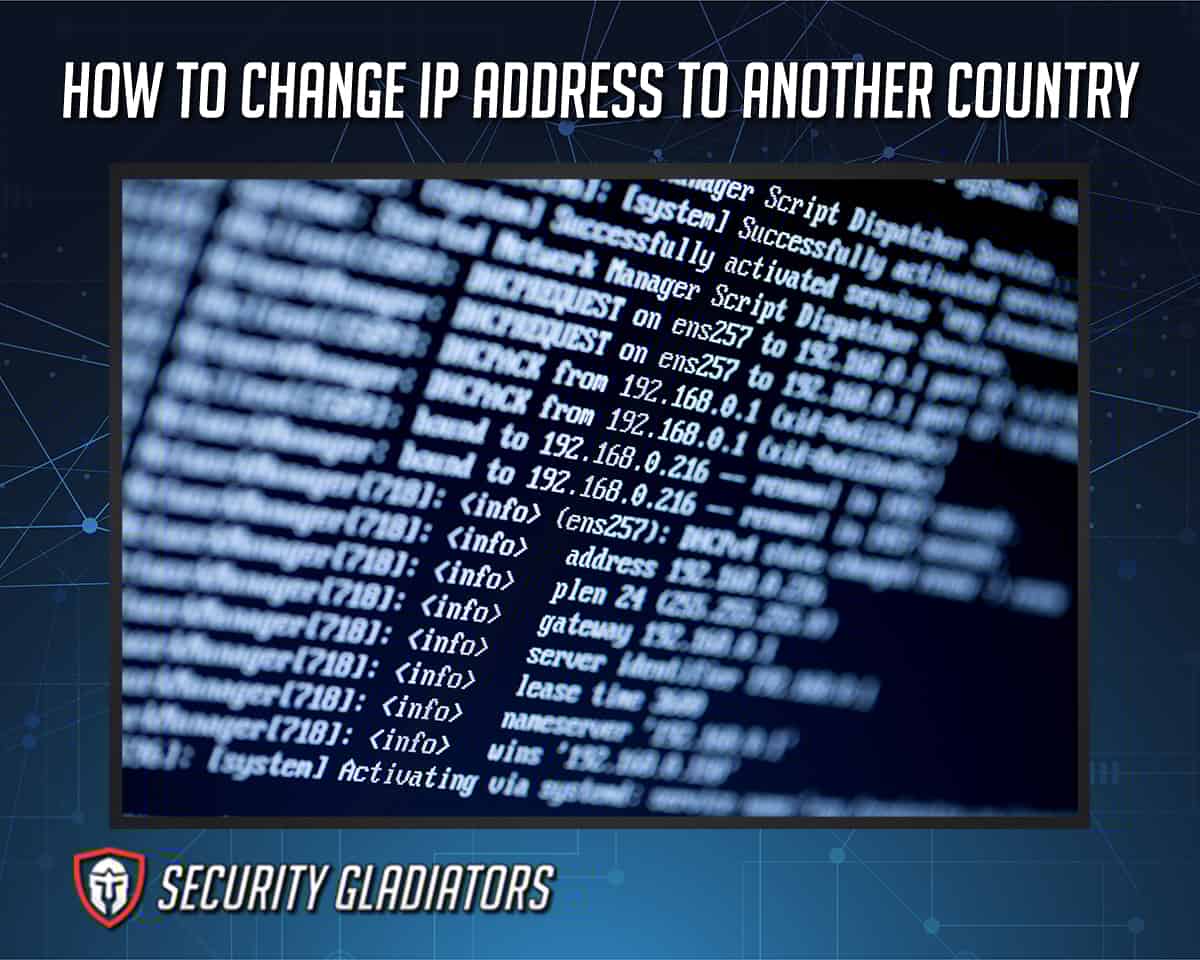

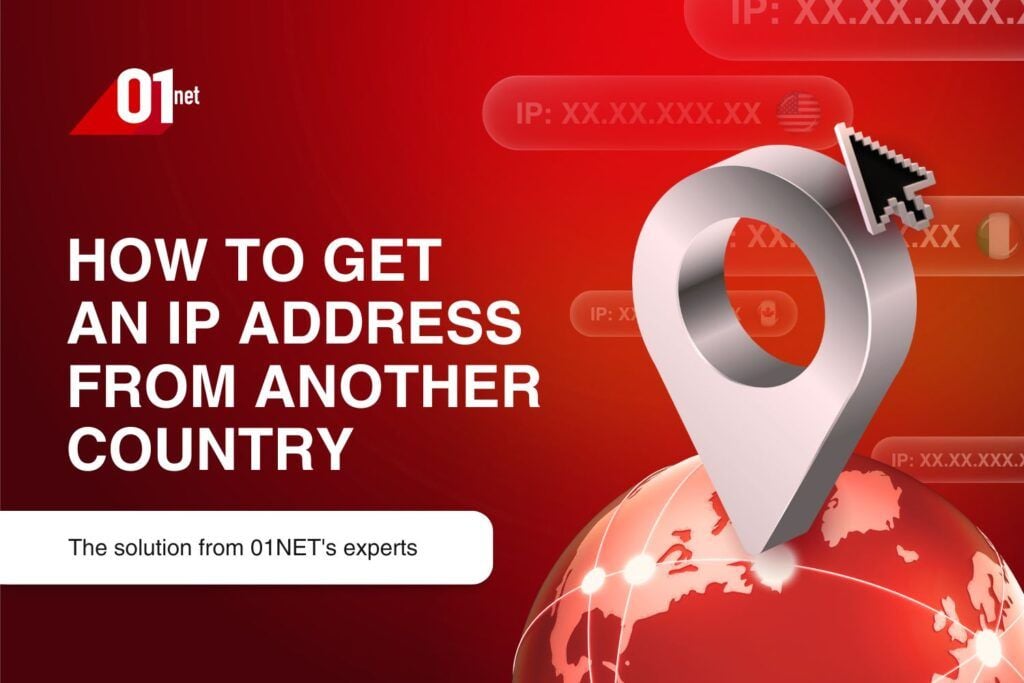
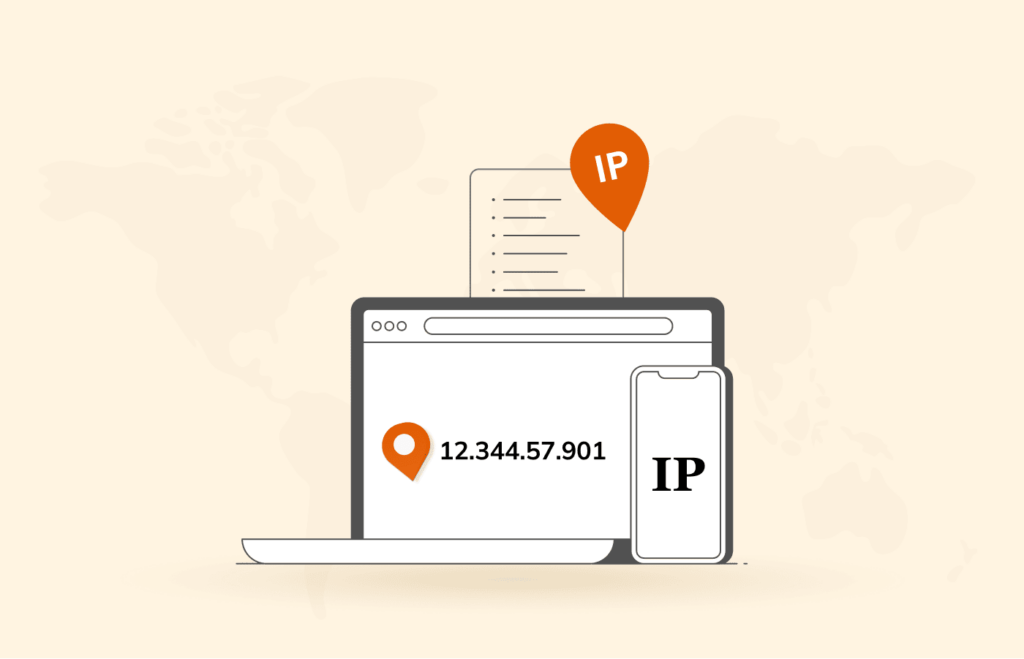




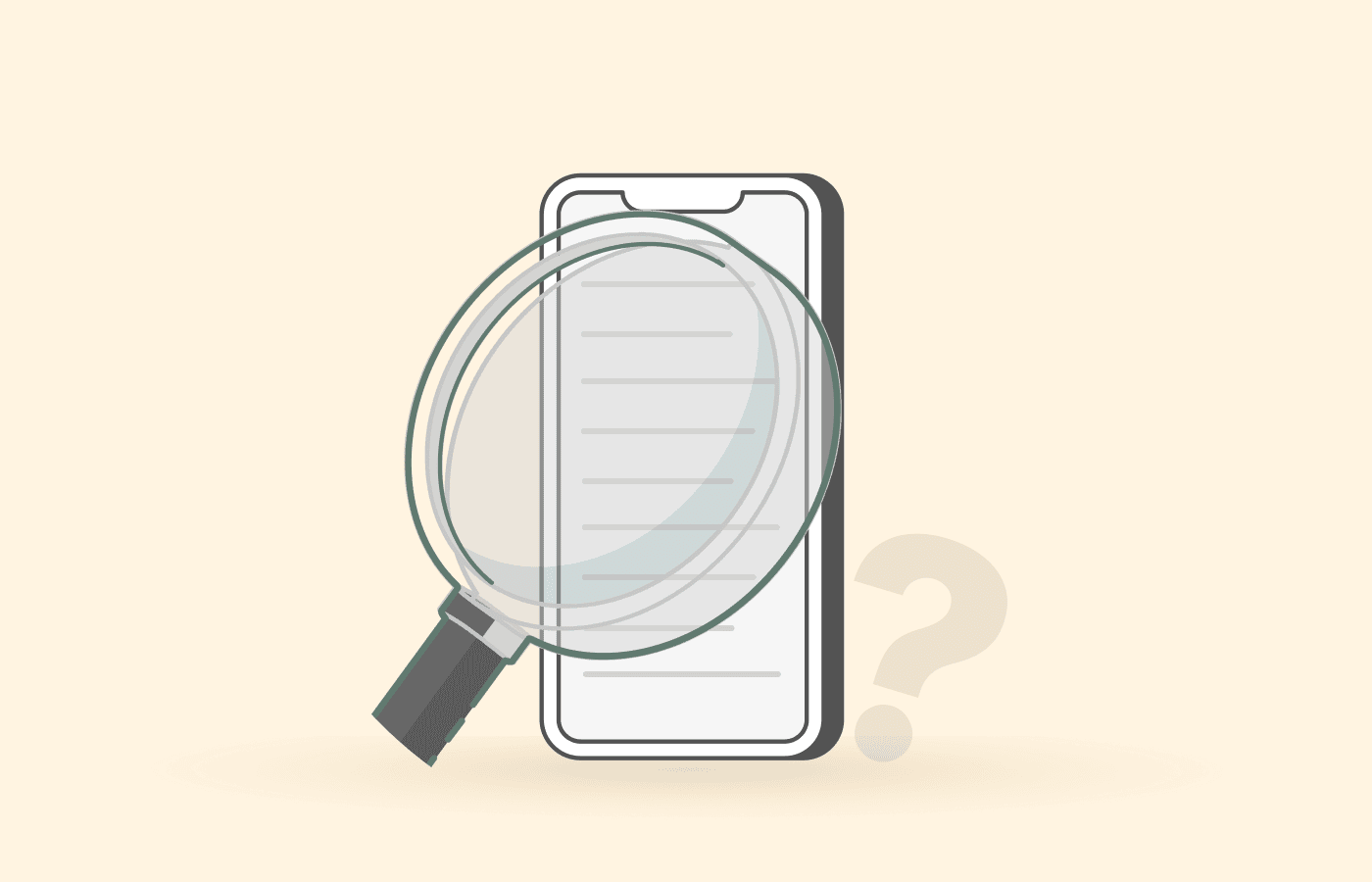
:max_bytes(150000):strip_icc()/002_change-your-ip-address-818150-5bbd2c55c9e77c0051e33a29.jpg)
